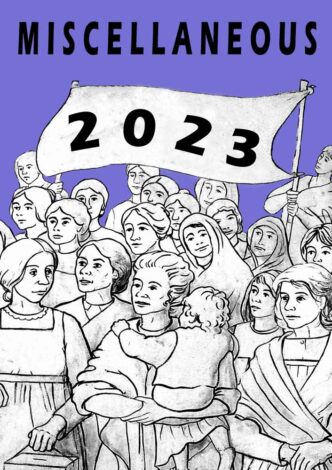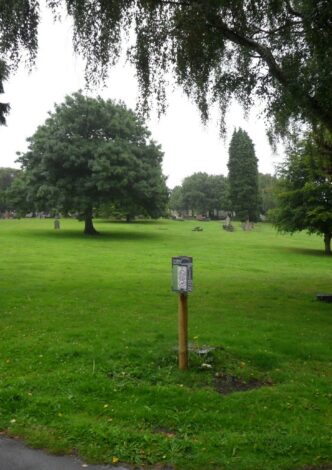The Workhouse by acta Company and Pick N Mix Theatre
Inspired by Rosemary Caldicott's Life and Death of Hannah Wiltshire BRHG are pleased to announce that Bedminster based acta and Pick N Mix Theatre have researched, written and produced a play based on this fascinating story about their local workhouse. From their website: A retelling of the investigation into the events that took place at Bedminster Union Workhouse in 1855. Step into the haunting history of Bedminster’s Union Workhouse with an immersive play brought to life by two acta groups. […]




